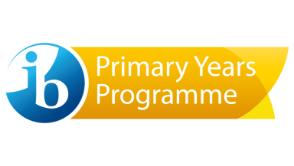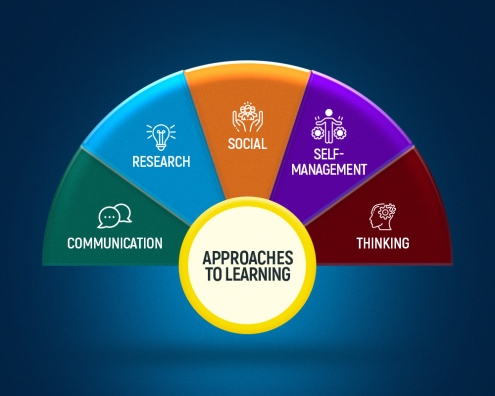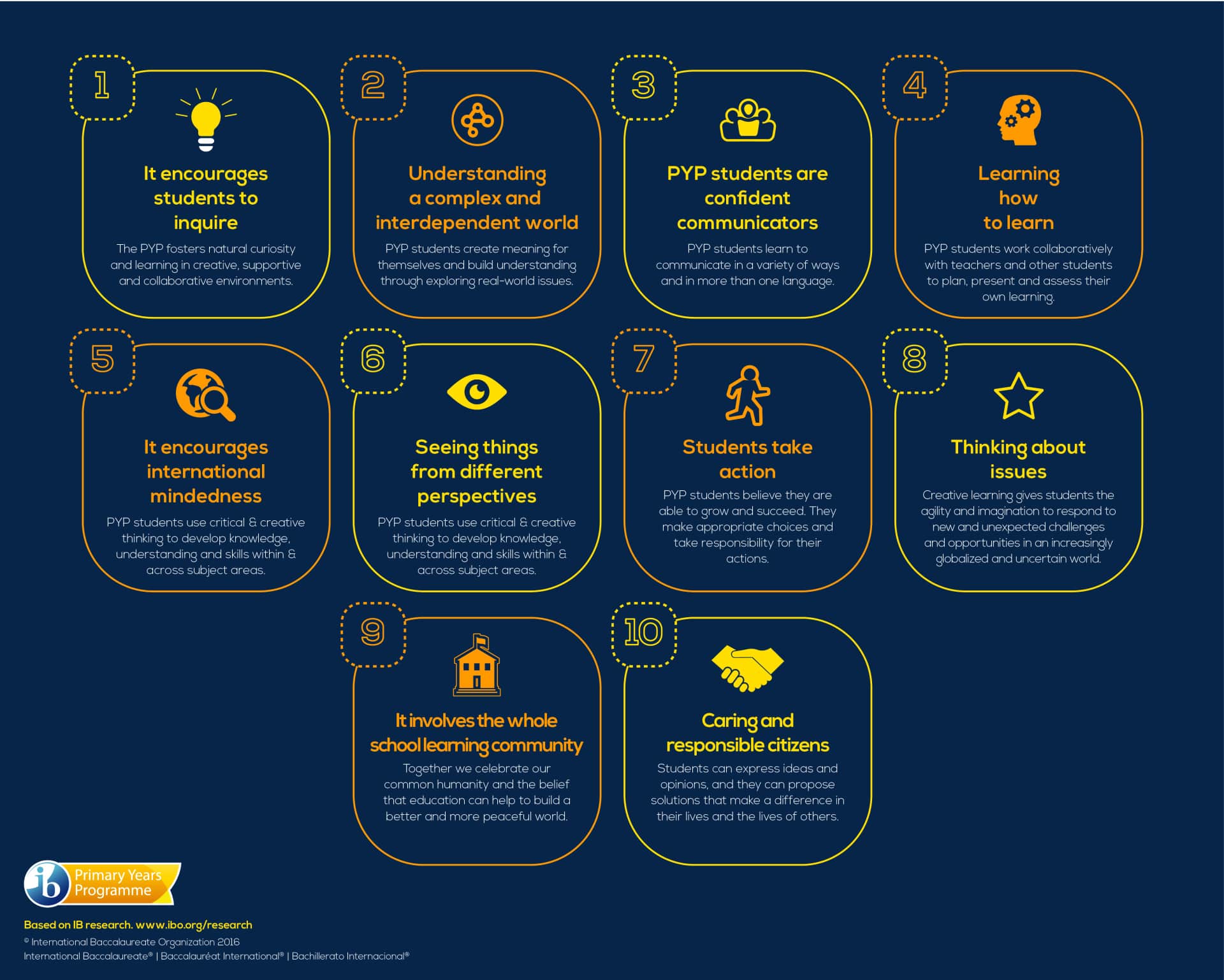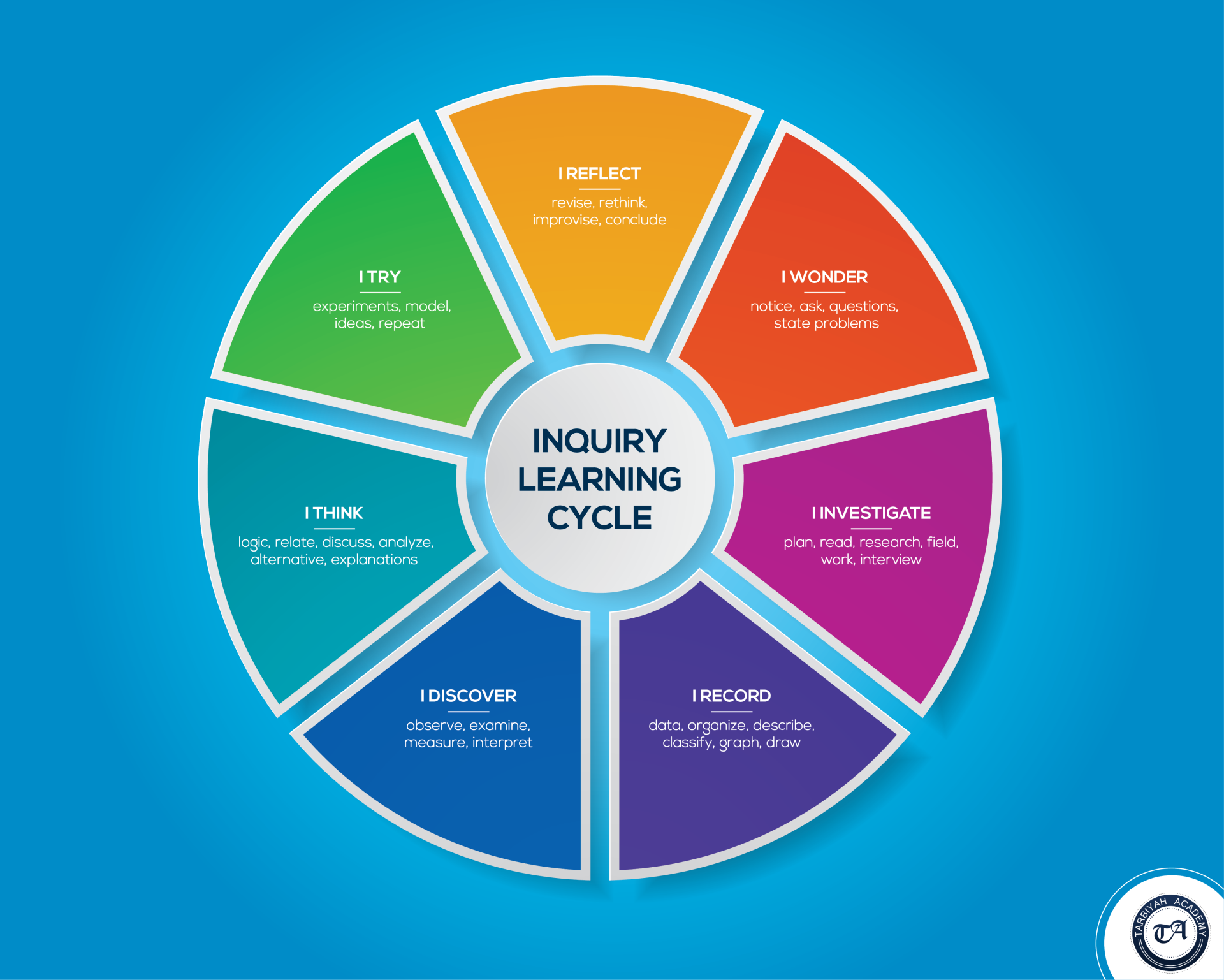The IB Program at TA
International Education
& International Baccalaureate
Approaches to Learning
The International Baccalaureate (IB) offers different programs at various levels of education, including the Primary Years Programme (PYP) and the Middle Years Programme (MYP).
While these programs have distinct features tailored to specific age groups, there are some common learning approaches that are emphasized across both the PYP and MYP:
Inquiry-Based Learning: Both PYP and MYP promote inquiry-based learning, where students are encouraged to ask questions, investigate, and explore topics independently. The focus is on developing students' curiosity and critical thinking skills.
Conceptual Understanding: Both programs emphasize the development of conceptual understanding rather than rote memorization. Students are encouraged to explore big ideas, make connections between different concepts, and apply their knowledge in various contexts.
Transdisciplinary Learning: PYP and MYP both support transdisciplinary learning, where students engage in learning experiences that cut across traditional subject boundaries. This helps students see the interconnectedness of knowledge and develop a holistic understanding of the world.
Skills Development: Both programs focus on the development of a range of skills, including communication, research, thinking, social, and self-management skills. These skills are considered essential for students to succeed academically and personally.
International Mindedness: Both PYP and MYP aim to foster international mindedness by promoting an understanding of global issues, appreciation for different cultures, and the development of attitudes that encourage open-mindedness and respect for diversity.
Assessment for Learning: Both programs use formative assessment strategies to gauge student understanding and progress. Assessment is seen as a tool for learning rather than just a measure of learning outcomes.
Action and Service: Both PYP and MYP include a component that encourages students to take action based on their learning. This action can manifest as service to the community or making positive changes in their environment.
Primary Year Program (PYP)
Designed for students aged 5 to 10 (typically covering grades K-5), the PYP focuses on the development of the whole child and emphasizes inquiry-based learning. It provides a framework for integrating subjects and fostering inquiry, conceptual understanding, and transdisciplinary skills.
PYP Grades K-5
- The PYP is organized around six transdisciplinary themes that provide a framework for inquiry across subject areas. These themes are explored through a combination of subject-specific knowledge and skills, conceptual understanding, and real-world connections.
- Assessment in the PYP focuses on the process of inquiry, students' conceptual understanding, and the development of transdisciplinary skills. Assessment strategies include observation, self-assessment, teacher assessment, and performance-based tasks.
- The PYP emphasizes the development of key skills, known as Approaches to Learning (ATL), which include skills such as thinking, communication, social, research, and self-management skills. These skills are integrated into the curriculum and are designed to support lifelong learning.

Middle Years Program (MYP)
Designed for students aged 11 to 16 (typically covering grades 6-8), the MYP focuses on the development of the adolescent learner. It aims to provide a holistic educational experience that emphasizes interdisciplinary learning, global contexts, and the development of critical thinking skills.
MYP Grades 6-8
- The MYP is organized around eight subject groups: Language and Literature, Language Acquisition, Individuals and Societies, Sciences, Mathematics, Arts, Physical and Health Education, and Design. Students study subjects within these groups and engage in interdisciplinary learning through the MYP's Global Contexts.
- Assessment in the MYP is criterion-referenced and focuses on students' mastery of subject-specific objectives and the development of ATL (Approaches to Learning) skills. Assessment tasks are designed to be authentic, meaningful, and reflective of real-world contexts.
- In addition to subject-specific content, the MYP emphasizes the development of Approaches to Learning (ATL) skills, which are integrated into each subject group. These skills help students become independent learners and responsible global citizens.

Toddle
Toddle is a platform for TA, streamlining the educational experience for teachers, parents, and students alike. Teachers utilize TODDLE for seamless curriculum planning and assessment aligned with IB standards. Parents gain real-time insights into their child's progress, fostering transparent communication. Meanwhile, students benefit from an engaging learning environment that encourages collaboration and active participation in their academic journey. TODDLE effectively unifies educators, parents, and students, creating a dynamic and holistic learning community within the IB framework.







